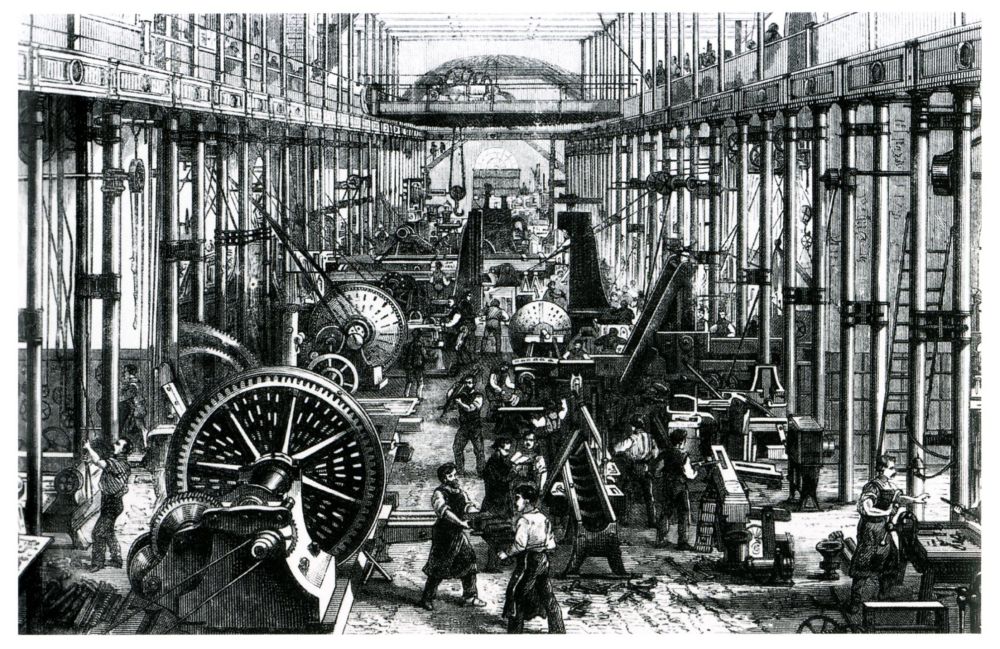In the vast landscape of entrepreneurship, one timeless truth reigns supreme: making business is about having contacts. Since time immemorial, connections have been the cornerstone of commerce, facilitating trade, sparking innovation, and propelling economies forward. From ancient marketplaces to modern boardrooms, the significance of networks in the world of business cannot be overstated.

History is replete with examples that underscore the importance of contacts in shaping the course of commerce. Take, for instance, the Silk Road, the legendary network of trade routes that connected the East and West for centuries. Along these ancient pathways, merchants from diverse cultures exchanged goods, ideas, and technologies, forging lucrative partnerships and laying the groundwork for global trade.

In Renaissance Europe, the Medici family epitomized the power of networks in business. As bankers and patrons of the arts, the Medicis cultivated relationships with artists, scholars, and rulers, leveraging their connections to expand their banking empire and influence political affairs. Their extensive network enabled them to navigate the intricate web of European politics and establish a financial dynasty that endured for generations.

In the industrial era, the rise of industrial titans like Andrew Carnegie and John D. Rockefeller showcased the instrumental role of contacts in building business empires. Through strategic alliances, mergers, and partnerships, these magnates consolidated their control over key industries such as steel and oil, leveraging their networks to wield unparalleled influence and amass vast fortunes.

In the modern era, the advent of technology has transformed the dynamics of networking in business. Platforms like LinkedIn and industry-specific forums have revolutionized the way professionals connect and collaborate, enabling entrepreneurs to expand their reach and access a global talent pool with unprecedented ease. In today’s interconnected world, success in business is often contingent upon one’s ability to cultivate and leverage networks effectively.

Indeed, the adage “it’s not what you know, but who you know” rings truer than ever in the contemporary business landscape. Whether it’s securing funding for a startup, forging strategic partnerships, or accessing new markets, contacts can open doors and create opportunities that might otherwise remain out of reach. In a competitive marketplace where innovation and agility are paramount, the ability to tap into a diverse network of contacts can provide a crucial competitive advantage.

However, building and maintaining meaningful connections is not merely about collecting business cards or amassing LinkedIn connections. Authenticity, trust, and reciprocity are the currency of successful networking, and cultivating genuine relationships based on mutual respect and shared values is essential for long-term success. Moreover, effective networking requires active engagement, continuous nurturing, and a willingness to give as much as one receives.

The history of business is a testament to the enduring power of contacts in driving economic growth and fostering innovation. From ancient trade routes to modern digital networks, connections have been the lifeblood of commerce, enabling entrepreneurs to overcome obstacles, seize opportunities, and chart new frontiers. As we navigate the complexities of the business world, let us not forget the timeless wisdom that making business is, indeed, about having contacts.

